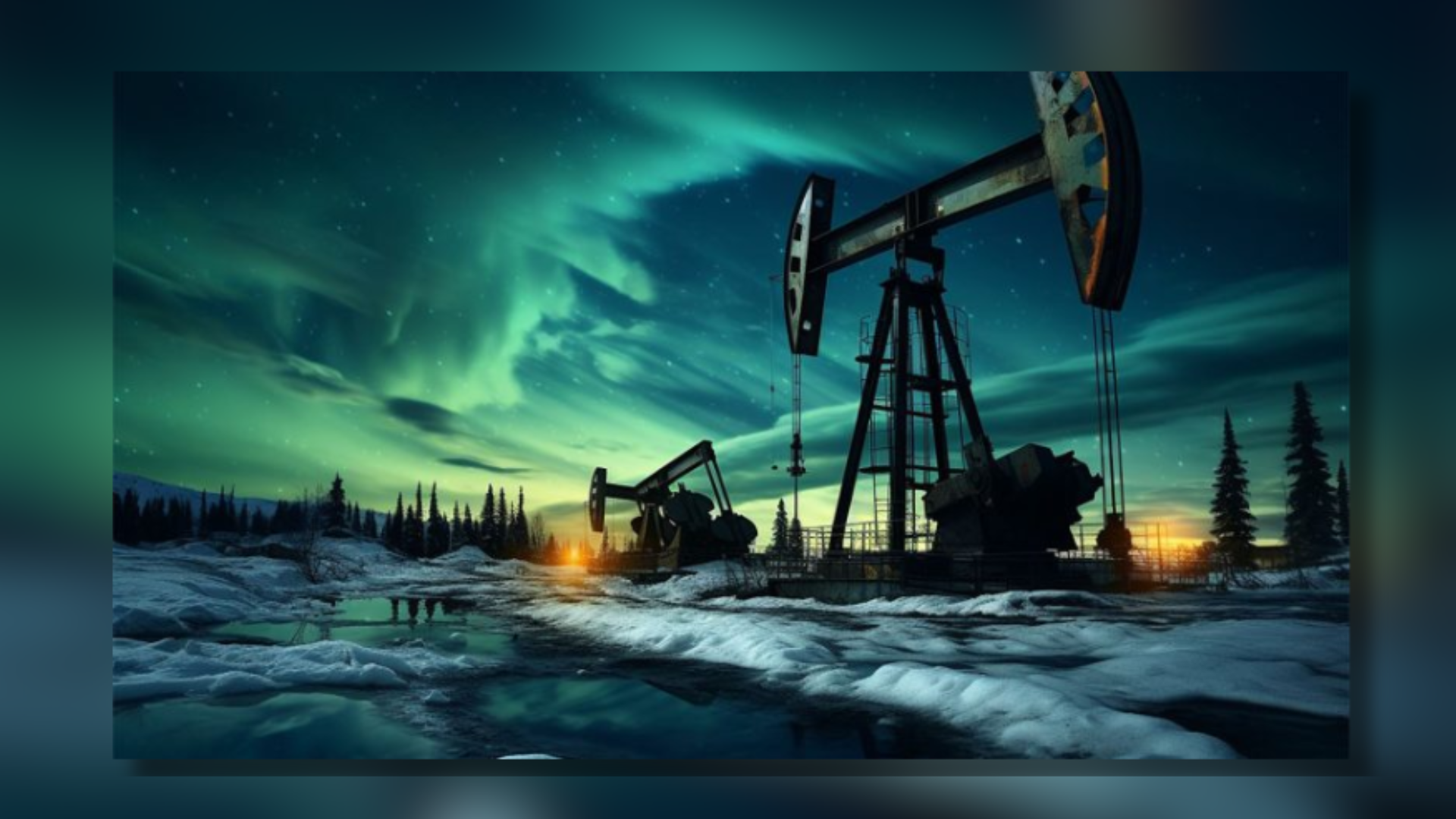A century ago, 23 million acres of Alaska’s North Slope were designated as an emergency oil supply. Now, President Joe Biden is moving to block oil and gas development on roughly half of this area. This initiative, soon to be finalized, represents one of Biden’s most extensive efforts to restrict oil and gas exploration on federal lands. His goal is to enhance land conservation and combat climate change, which aligns with his reelection campaign promises.
While the proposed changes won’t impact ConocoPhillips’s controversial 600-million-barrel Willow oil project in the National Petroleum Reserve-Alaska, industry leaders warn that the plan is broader than expected and could hinder future megaprojects in the region. This has unsettled oil companies with interests in the National Petroleum Reserve, which was once considered a significant growth opportunity before the shale boom. Despite recent interest fueled by major discoveries, concerns are growing among company executives and Alaska lawmakers.
They fear that the plan could impede oil and gas development across much of the reserve, including existing leases, and opposition has emerged from various groups, ranging from Alaska Natives to oil producers in the lower 48 states.
Senator Lisa Murkowski, a Republican from Alaska, strongly criticized the proposal on Thursday, stating that it would negatively impact America’s energy security. “It would openly defy federal law while ignoring rising energy prices and growing global volatility,” she said in a post on X.
READ MORE
Santos Ltd., a company leasing over a million acres within the reserve and collaborating on the nearby Pikka Unit joint venture with Repsol SA, expressed concerns in a filing with the government. They stated that the proposal would encroach upon their holdings and have significant impacts “as extensive as whole projects being denied.”
According to sources familiar with the discussion, ConocoPhillips Chief Executive Officer Bill Armstrong informed White House officials in a March 21 meeting that the proposed rule would essentially nationalize the company’s leases. A company spokesman declined to provide further comment on the matter.
Administration officials contend that the proposed changes are essential to strike a balance between oil development and the preservation of sensitive landscapes that serve as habitats for polar bears, migratory birds, and the 61,500-strong Teshekpuk caribou herd. “We must do everything within our control to meet the highest standards of care to protect this fragile ecosystem,” Interior Secretary Deb Haaland said in announcing the measure last year.
The proposal would establish a formal program for expanding protected areas at least once every five years, with provisions making it challenging to reverse those designations. Additionally, it would set higher standards for future development in other parts of the reserve.
“These are resources that once they’re gone, they’re gone forever, and we can’t wait until they have disappeared to go and get them back,” said Rachael Hamby, policy director for the Center for Western Priorities. “We need to manage now to protect those resources and values for present and future generations.”
The Interior Department asserts that the proposal would not significantly impact the nation’s energy supply. Nevertheless, the reserve holds considerable potential as a fuel source, with estimated recoverable oil reserves of 8.7 billion barrels beneath its rock formations, as per a 2017 assessment by the US Geological Survey.
Interest in the region surged following recent discoveries in the Nanushuk field, and the state of Alaska anticipates crude production from the reserve to increase from 15,800 barrels per day in fiscal 2023 to 139,600 barrels per day in fiscal 2033.
ALSO READ
The Family Star’ Tanks at the Box Office, Here’s What It Means for Vijay Deverakonda | Exclusive























